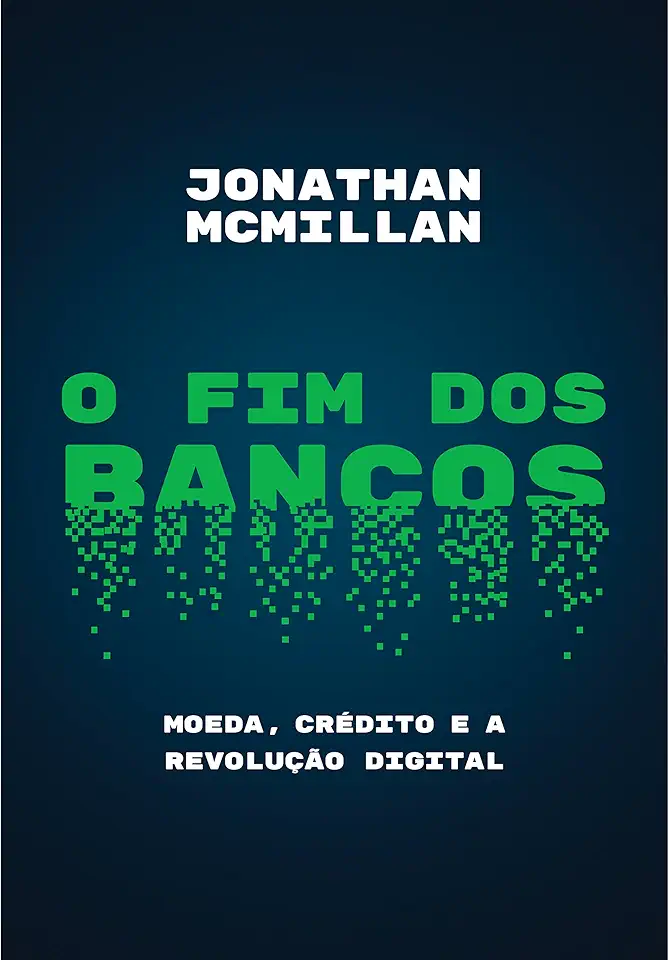
The End of Banking - McMillan, Jonathan
The End of Banking: How the Future of Finance is Changing Everything
In his groundbreaking book, The End of Banking, Jonathan McMillan argues that the traditional banking system is on the verge of collapse. He cites a number of factors that are contributing to this decline, including the rise of fintech, the increasing cost of regulation, and the changing needs of consumers.
McMillan argues that the future of finance is not in the hands of traditional banks, but rather in the hands of new, innovative companies that are using technology to disrupt the old way of doing things. These companies are offering faster, cheaper, and more convenient financial services that are tailored to the needs of today's consumers.
The Rise of Fintech
Fintech is a term used to describe the use of technology in the financial services industry. Fintech companies are using technology to automate tasks, reduce costs, and improve the customer experience. Some of the most popular fintech companies include:
- PayPal: PayPal is an online payments company that allows users to send and receive money, make purchases, and withdraw cash from their accounts.
- Venmo: Venmo is a mobile payments app that allows users to send and receive money to friends and family.
- Robinhood: Robinhood is a commission-free stock trading app that allows users to buy and sell stocks, ETFs, and options.
- SoFi: SoFi is a financial services company that offers student loans, personal loans, mortgages, and investing services.
These are just a few examples of the many fintech companies that are disrupting the traditional banking industry. These companies are offering faster, cheaper, and more convenient financial services that are tailored to the needs of today's consumers.
The Increasing Cost of Regulation
The cost of regulation has been increasing steadily for years. This is due to a number of factors, including the Dodd-Frank Wall Street Reform and Consumer Protection Act, which was passed in the wake of the 2008 financial crisis. The increased cost of regulation has made it difficult for traditional banks to compete with fintech companies, which are not subject to the same regulations.
The Changing Needs of Consumers
The needs of consumers are changing rapidly. Today's consumers want faster, cheaper, and more convenient financial services. They want to be able to bank on their own terms, and they don't want to be tied to a physical bank branch. Fintech companies are meeting the needs of these consumers by offering online and mobile banking services that are available 24/7.
The Future of Finance
The future of finance is not in the hands of traditional banks, but rather in the hands of new, innovative companies that are using technology to disrupt the old way of doing things. These companies are offering faster, cheaper, and more convenient financial services that are tailored to the needs of today's consumers.
If you want to learn more about the future of finance, I highly recommend reading The End of Banking by Jonathan McMillan. This book will open your eyes to the changes that are happening in the financial services industry, and it will help you to understand how these changes will affect your life.
Conclusion
The traditional banking system is on the verge of collapse. The rise of fintech, the increasing cost of regulation, and the changing needs of consumers are all contributing to this decline. The future of finance is in the hands of new, innovative companies that are using technology to disrupt the old way of doing things. These companies are offering faster, cheaper, and more convenient financial services that are tailored to the needs of today's consumers.